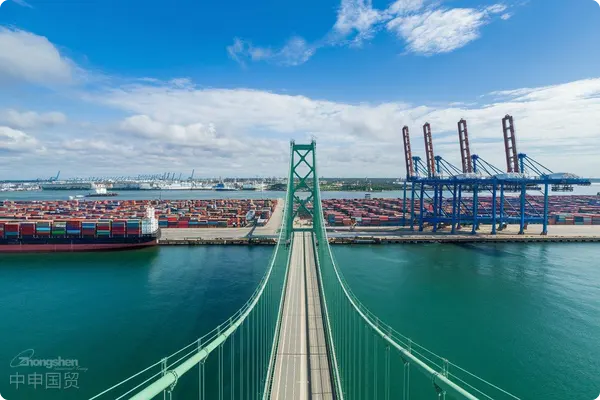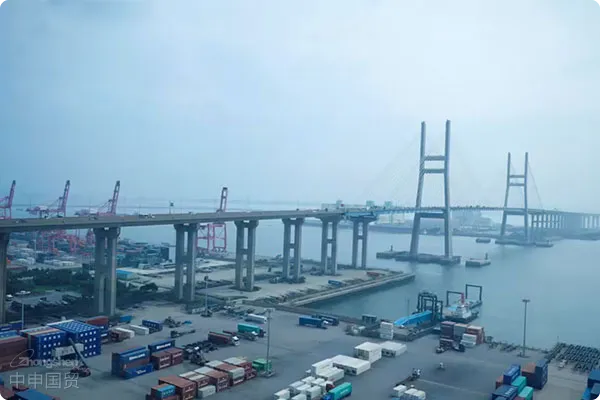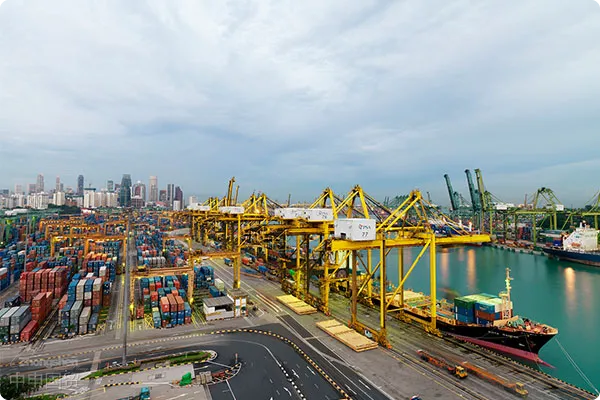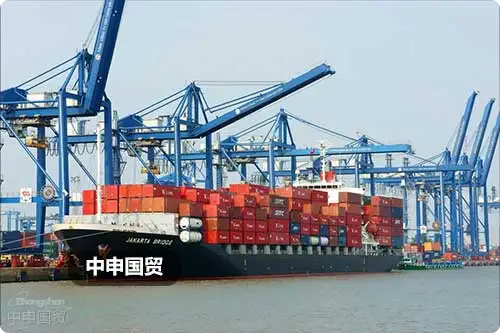- Shanghai Zhongshen International Trade Co., Ltd. - Two decades of trade agency expertise.
- Service Hotline: 139 1787 2118
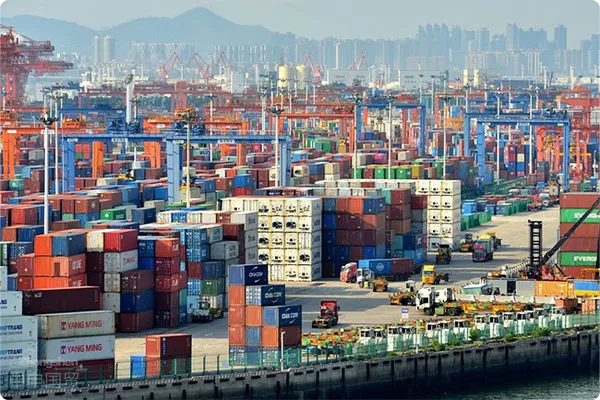
I. Introduction
Policy is a strong support for export enterprises by the state, which can effectively reduce the burden on enterprises and improve their competitiveness in the international market. In the complex process of export tax rebate, the entrusted agency export tax rebate declaration form is a crucial link worthy of in - depth exploration.Export DrawbackII. The Connotation of the Entrusted Agency Export Tax Rebate Declaration Form
Definition and Composition
The entrusted agency export tax rebate declaration form refers to an important document used by an agency to declare the relevant information of exported goods to the customs and apply for export tax rebate when an enterprise entrusts the agency to handle export business. It contains rich information, such as the name, specifications, quantity, value, export date, mode of transportation, trade mode, etc. of the exported goods. These information record the export situation of the goods in detail and are the key basis for the tax department to review the tax rebate eligibility and the amount of tax rebate.
The Close Connection with Export Tax Rebate
Export tax rebate aims to refund the indirect taxes such as value - added tax and consumption tax paid in the domestic production and circulation links of exported goods. And the declaration form is the bridge connecting the export business and the tax rebate policy. The tax department reviews the information on the declaration form to confirm whether the goods are actually exported, whether the value of the exported goods is accurate, etc., so as to determine whether the enterprise meets the tax rebate conditions and the amount of tax rebate. Without an accurate and complete entrusted agency export tax rebate declaration form, it will be difficult for enterprises to obtain export tax rebates smoothly.
III. The Necessity of Entrusted Agency
Professional Knowledge and Experience
For many enterprises, especially small and medium - sized enterprises, the filling and declaration process of the export tax rebate declaration form is complex and professional. The agency has professional customs declarants who are familiar with various regulations of the customs and export tax rebate policies. For example, when determining the commodity code of goods, the agency staff can accurately classify them according to the detailed characteristics of the goods, which directly affects the determination of the tax rebate rate. They can avoid delays or failures in tax rebates caused by inaccurate or incomplete information when filling out the declaration form.
Resources and Efficiency
The agency has resource advantages in handling matters related to the declaration form. They have established good communication channels with relevant departments such as the customs and can solve problems arising in the customs declaration process more efficiently. For example, if there are questions during the review of the declaration form, the agency can respond to the requirements of the customs in a timely manner and provide supplementary information or explanations. In contrast, if an enterprise handles it on its own, it may lead to an extension of the customs declaration time due to a lack of relevant resources and experience, thus affecting the timeliness of tax rebates.
IV. The Process of the Entrusted Agency Export Tax Rebate Declaration Form
The Entrustment Contract Signing Stage
The enterprise and the agency sign an entrusted agency agreement, clarifying the rights and obligations of both parties, including the filling, declaration, tax rebate application and other related service contents of the declaration form as well as service fees. This stage lays the foundation for subsequent cooperation, ensuring that both parties have rules to follow in handling matters related to the entrusted agency export tax rebate declaration form.
The Declaration Form Preparation Stage
The agency accurately fills out the declaration form according to the goods information provided by the enterprise, such as contracts, invoices, packing lists, etc. In this process, the agency needs to carefully check the various information of the goods to ensure that the information on the declaration form is consistent with the actual goods. For example, the quantity of goods should be consistent with the packing list, and the value of goods should be consistent with the invoice.
The Customs Declaration and Review Stage
The agency submits the filled - out declaration form to the customs for declaration. The customs will review the declaration form, checking the accuracy, completeness of the information on the declaration form and the legality of the goods, etc. If problems are found during the review, the agency needs to make modifications or supplement materials in a timely manner according to the requirements of the customs. This stage is the key link for the successful passage of the declaration form and directly affects the subsequent export tax rebate application.
The Tax Rebate Application Stage
After the declaration form passes the customs review and the goods are successfully exported, the agency applies for export tax rebate to the tax department on behalf of the enterprise based on the declaration form and other relevant materials. The tax department will review the declaration form and other documents required for tax rebate, such as special value - added tax invoices, to determine the enterprises tax rebate eligibility and the amount of tax rebate.
V. Risks and Prevention
Risk Factors
Although there are many advantages to entrusting the agency for export tax rebate declaration forms, there are also some risks. One of the main risks is the reputation and ability of the agency. If the agency operates irregularly and lacks a sense of responsibility, it may lead to problems such as incorrect filling of the declaration form and delayed declaration, thus affecting the enterprises export tax rebate. In addition, policy risks cannot be ignored. For example, adjustments to the export tax rebate policy may make the declaration form that originally met the tax rebate conditions no longer meet the requirements.
Prevention Measures
including food safety standards.
When choosing an agency, enterprises should conduct thorough investigations and evaluations, and select agencies with good reputations, rich experience, and professional qualifications. At the same time, enterprises themselves should also pay attention to changes in the export tax rebate policy, maintain close communication with the agency, and promptly adjust the filling and declaration strategies of the customs declaration form to adapt to policy changes.
VI. Conclusion
The entrusted agency export tax rebate customs declaration form is an important part of an enterprises export tax rebate process. By entrusting professional agencies to handle matters related to the customs declaration form, enterprises can utilize the professional knowledge, experience, and resources of the agencies to improve the accuracy and declaration efficiency of the customs declaration form, thus obtaining export tax rebates more smoothly. However, enterprises should also pay attention to risk prevention during the entrustment process to ensure the smooth progress of the entire export tax rebate process. In the context of the constantly changing international trade environment and policies, the relevant business of the entrusted agency export tax rebate customs declaration form also needs continuous optimization and innovation to better meet the needs of enterprises.
Related Recommendations
? 2025. All Rights Reserved. 滬ICP備2023007705號-2  PSB Record: Shanghai No.31011502009912
PSB Record: Shanghai No.31011502009912
